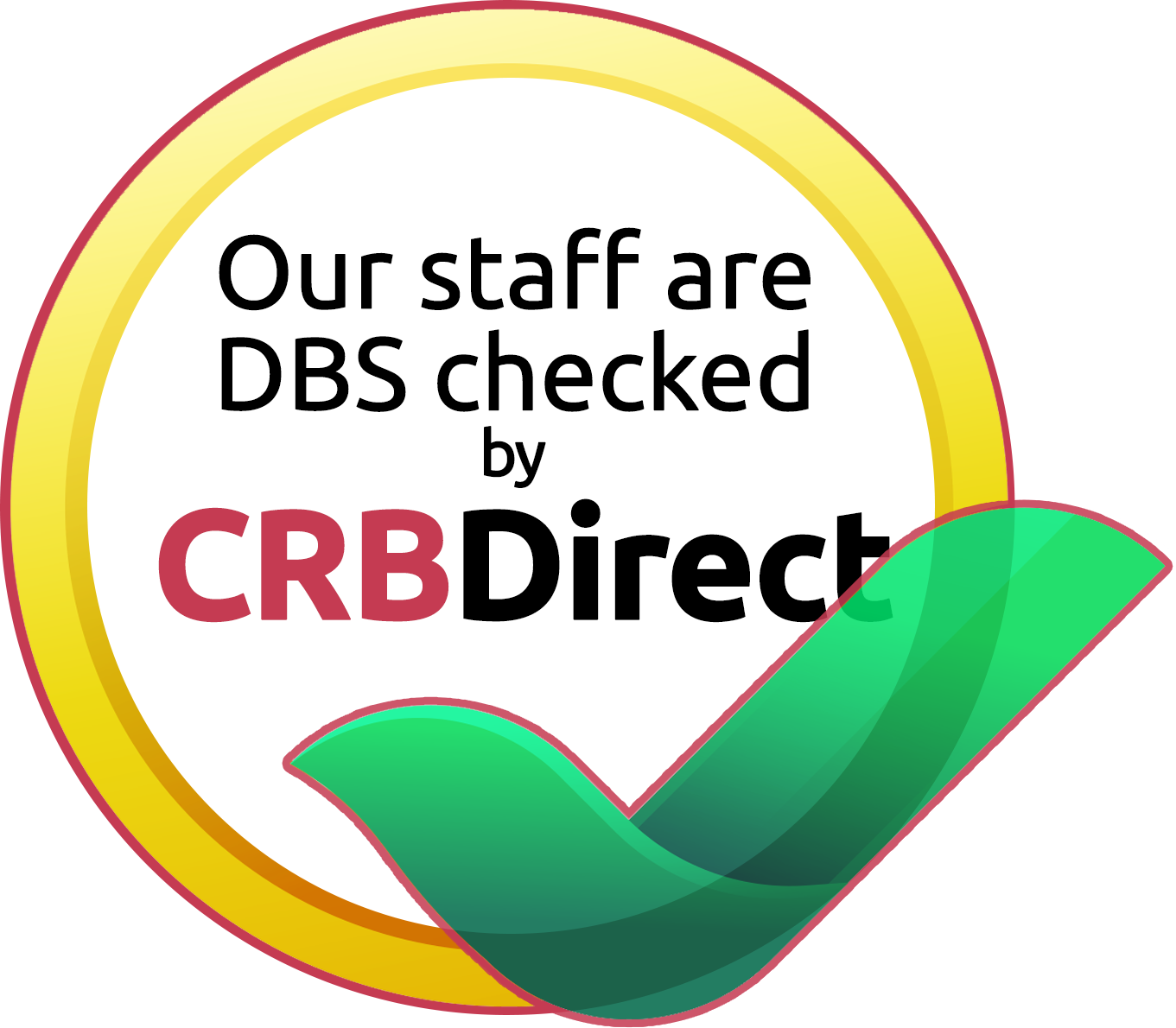There are around 73,000 children in care in England alone. Government figures show that the majority of children in care, around 75%, live in foster care. For some children, their foster parents might be members of their extended family. But for others, where there are no suitable family members, the only option might be to live with unrelated foster parents. Fostering might be short term, to allow parents respite or to care for children while a lone parent goes into hospital. For others, they may live long term with their foster family until they reach adulthood. There’s a growing need for new foster parents, as studies show that children do much better in a foster home than in residential care or other types of care. If you’re interested in being a foster carer, what do you need to know?
Being A Foster Carer – Requirements
 Although there’s a huge need for people to express an interest in being a foster carer, that doesn’t mean that anyone can do it. This role involves looking after some vulnerable or troubled children, who might have had a very traumatic past with their birth parents. Each fostering organisation and local authority has its own rules about what sort of people they will accept. However, there are also some common requirements which apply across the country. If you’re thinking about fostering you should be:
Although there’s a huge need for people to express an interest in being a foster carer, that doesn’t mean that anyone can do it. This role involves looking after some vulnerable or troubled children, who might have had a very traumatic past with their birth parents. Each fostering organisation and local authority has its own rules about what sort of people they will accept. However, there are also some common requirements which apply across the country. If you’re thinking about fostering you should be:
- Old enough – the law says people can foster from age 18, but most agencies set 21 as their lower limit.
- Have room – foster homes should have enough space for a spare bedroom for each foster child.
- Nationality – people applying to foster should be British nationals, or have indefinite leave to remain in the UK.
- Full time commitment – most agencies ask foster carers to commit to looking after a foster child full time, which may mean giving up paid work elsewhere.
Applying to Be a Foster Carer
Understandably, there are lots of hoops to jump through before you can welcome the first child into your home. Each person or couple applying to foster is assigned a social worker, who will see them through the whole process. Agencies will provide training, and you and your partner will go through interviews, group work and interviews to make sure you’re doing it for the right reasons. Finally, the social worker will draw up a report for a Fostering Panel, which makes the decision about whether or not to approve you as a foster carer. After that, it’s just a case of waiting for the right child.
The application process involves a lot of paperwork too. Being a foster family also involves getting an enhanced DBS check. This is also sometimes known as a disclosure check, CRB check or criminal records check. This applies to all adults in the home where the foster children will be living. An enhanced DBS check is a deep-dive into any records the police have about you. It will show not only any current criminal records, but also things from your distant past as well as any other police intelligence which might be held about you. It’s not something to worry about, but is an essential part of the process.
Being a Foster Carer – the Practicalities
Working as a foster carer is unlike any other job in that it’s 24 hours a day, 7 days a week. You’ll have regular contact with your foster child’s social workers, and will have to attend meetings to review their progress. Depending on the number of foster children you have, and their individual needs, this can eat up a huge amount of time. You’ll also have to manage the rest of day to day family life such as supervising homework, taking them to clubs, cooking, cleaning and everything else. Many foster children still have contact with members of their birth family, and carers help facilitate this.
Salaries paid to foster carers vary and it’s fair to say that nobody goes into fostering for the money. The money paid isn’t set centrally, so each local council or private fostering agency sets their own rates. For example, a foster carer for a child under 4 in Midlothian gets £100.32 per week. In London, the rate is higher at around £146 per week. Private agencies may offer more.
